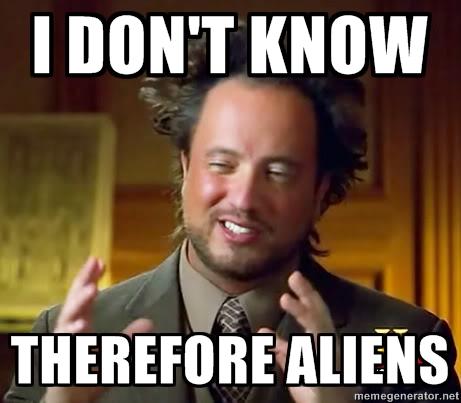We are also working on creating e-books. These will be interactive books that we will publish online.
Next week, students will be doing Lesson 2 of Unit 3. We will learn how we analyze data during the engineering process. They will be asked to read Lesson 3 on Monday evening. Later that week we will be doing the Lesson Review. I always give tests on Fridays.
Students will also be asked to turn in an idea for a science experiment this week. I prefer that students find their own experiments rather than copying them from the internet. We have spent a lot of time learning about the scientific process. I always suggest a trip to the American Science and Surplus store for some scientific inspiration.
The sixth-graders learned about earthquakes and volcanoes Did you know there are 3 types of volcano. Ask your child about them. We did a lab were we designed and tested homes and office buildings on our "earthquake tables". We then examined the qualities that made a building earthquake-proof. (see pictures below this post).
Next week we will be learning about rocks and their varieties. We will also learn how to identify rocks using a game called Master Mines. It can be found on the Filament Games web site (a link in the parent resource center).


















